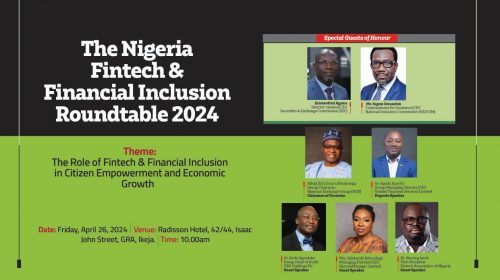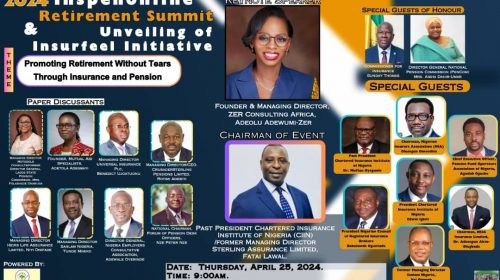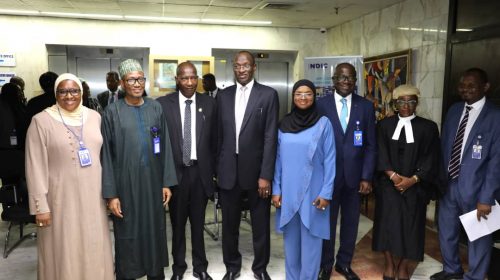Is Formal Education Overrated in Nigeria?
One of the important features of the colonial era in Nigeria, especially in the western region, was the aspiration of parents whose means of livelihood were mainly farming and fishing to see their children go to school and become a clerical officer. One could rightly say that the major aim of formal education at that time was to enable Africans and Nigerians, in particular participate effectively in commerce or better still provide the much-needed workforce for the teething colonial ministries as clerical officers or as teachers. However, it is crucial to distinguish formal education from other forms of knowledge in this context. Formal education is a systematic, organized, and sequentially structured education with an emphasis on the academic certificate after an educational programme with each stage of schooling covering a specified period. This is unlike informal learning, though mostly functional, which is not institutionalized, and which has an unstructured scheme of work and non-formal education, a kind of on-the-job vocational training programme.
The free universal primary education in the country further underscores the importance of formal education to the extent that many parents wanted their children to go to school and be like some notable educated personalities such as Chief Obafemi Awolowo, Chief Ladoke Akintola, Dr. Nnamdi Azikiwe, Chief Okotie Eboh, Chief Anthony Enahoro, Sir Ahmadu Bello, Alhaji Abubakar Tafawa Balewa amongst others. Consequently, formal education becomes a veritable means of social stratification as the educated elites were well recognized in the society. As a result, children were withdrawn from farms and waterways and were registered in schools. Parents that were hitherto trained and lived on vocational work prevented their children from learning the vocation. Few parents that allow their children to combine formal education with farming or fishing and other vocations do so because they they need the assistance of their children in the work; such children most often end up in making formal education their priority.
A friend once narrated his experience with his father some years back. His father was a motor mechanic; while my friend was going to school as a boy, he picked interest in his dad’s vocation and would want to learn, but his dad completely barred him from coming to his workshop because he wanted his son to have formal education and would not want learning motor mechanic work as a distraction for him. My friend regretted not learning the vocation from his father, and he has vowed that he would give his children the freedom to learn any vocation of their interest, even if they are going to combine it with formal education. The story is gradually changing as some graduates after their tertiary education go back to learn one vocation or the other to have means of livelihoodin the face of massive unemployment in the country. The question is, why not learn the vocation early? As observed with formal education, competition for higher grades in schools became the order of the day, and focus is on the certificate and not on competence. To further aggravate the situation, some blue-chip companies insisted on either a first-class or second class upper before graduates can be offered a job. This led to students looking for ways by all means to get high grades, resulting in examination malpractices and sex for grades, amongst other vices.
The current COVID-19 pandemic has indeed caused an economic downturn not only in Nigeria but worldwide, and the formal educational system is also not an exemption, the school system in Nigeria is greatly affected. Schools are still being shut despite the ease of the lockdown, teachers are not being remunerated; this notwithstanding the non-formal form of education through vocational training continues to thrive as learning and impacting the economy is sustained.
Recently, the Federal Government, through the Vice President, Yemi Osinbajo–led Committee on Economic Sustainability Plan, made a pronouncement that about 39.4 million Nigerians might be unemployed by the end of the year 2020 if government fail to take preemptive measures. The responses to the statement indicated that so many Nigerians are really not into paid employment. Unemployment has become part of the national phenomenon. Our tertiary institutions turn out graduates in hundreds of thousands every year to expand the labour market. Governments year in year out have made efforts to curtail unemployment all to no avail, National Directorate of Employment (NDE) was set up but without significant impact. Programmes such as SureP, Npower that were initiated to solve the unemployment problem were just like a drop of water in the ocean.
On a final note, I personally do not have anything against formal education. I am also a product of formal education, and it is certainly making its impact, the question is that, is it been overrated? Especially when placed side by side with other forms of education,either informal or non-formal vocational education. I leave the readers to provide sincere answers to this question.
Dr. Tunde Odeyemi
Public Relations & Educational Consultant
Lagos
Readers can reply to: pramtech@yahoo.com






Leave a Reply